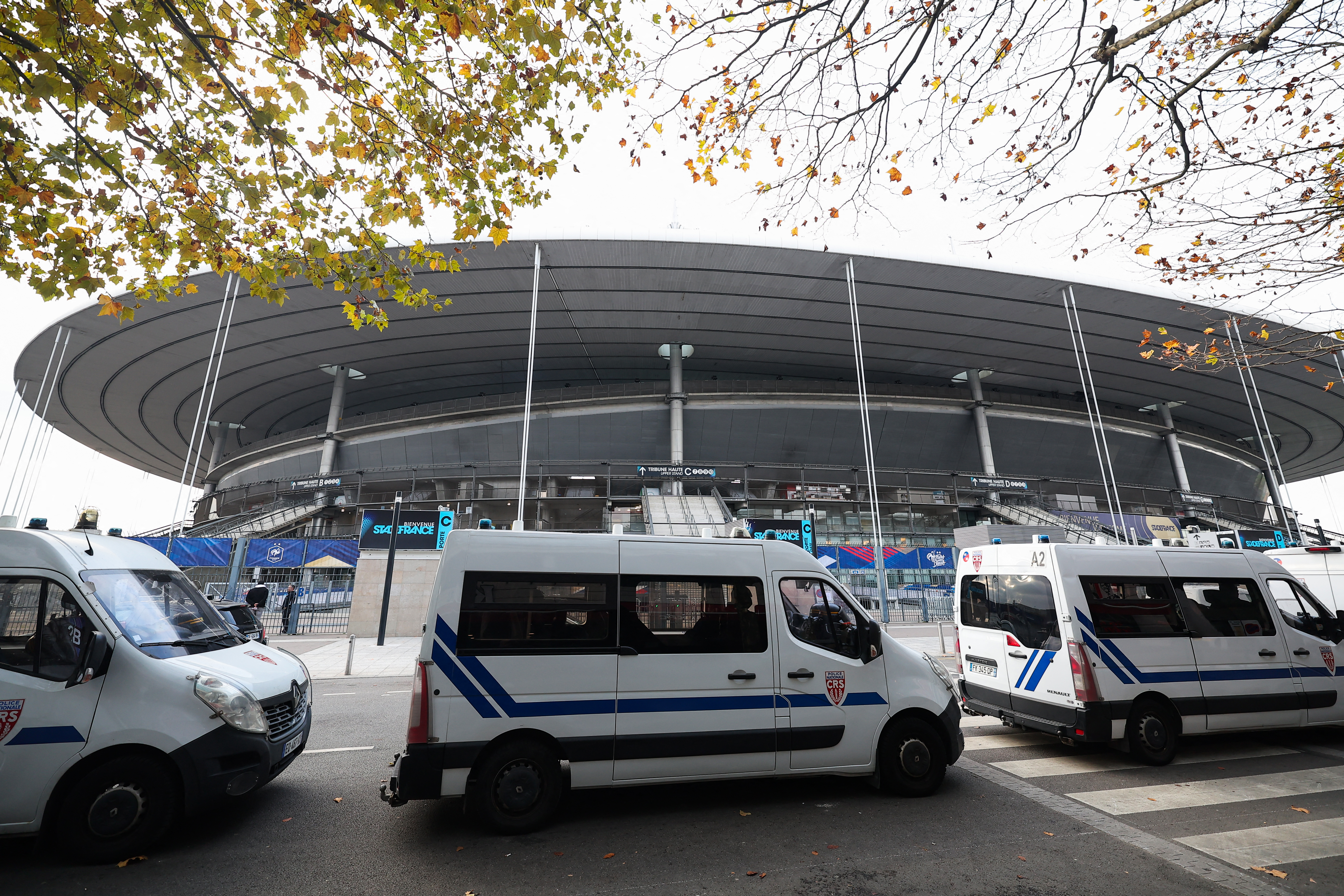Now that the government shutdown is over, thousands of furloughed workers are returning to their jobs – and their paychecks.
Many say they're looking to save more money in case the newly signed bill that ended the shutdown, which would fund the government through Jan. 15, leads to another shutdown early in the year.
For more than two weeks, a Maryland woman said her husband worked 48-hour shifts without pay.
Sheri, a stay-at-home mom of three who did not want her last name used, said the couple was forced to make hard decisions about which bills to pay.
"We put off our mortgage this go around," she said. "I know this sounds strange, but we felt that our electric, TV... and our car payments were more important. Our mortgage [company] would understand; plus [my husband] didn't get enough in his last paycheck to cover the mortgage. So we opted to pay what we could."
Erica Johnson, who processes disability appeals for the Social Security Administration, spoke to us last week about receiving the last of her pre-shutdown pay. On Wednesday, she said that once she gets another paycheck, she'll be putting money back into savings to replace what she had to take out during the shutdown.
"I'm not buying a damn thing," she said.
U.S. & World
News from around the country and around the globe
Johnson was called back into work last week but said many of her co-workers have had to take hardship deferrals because they couldn't afford to go to work anymore. Metro benefits weren't paid, and gas money was a stretch for many, she said.
"The work is definitely piling up because there's no one here," Johnson said. "I don't know if some of them are going to make it to Friday if they don't push through an emergency check."
As for herself, Johnson admits she's in a better position than many people. "I've always prepared for a rainy day... I paid up all my bills on the 29th, so I was good.
"A lot of people had trouble paying for daycare, and a lot of people have kids in college. It's not just the people in lower grades; it's the judges that do [our] cases," she said. "I think everybody is hurting."
The bill signed by President Barack Obama Wednesday night includes back pay for government workers. But for many government contractors like Ellin Veney, of Montgomery Village, Md., it likely won't apply. The government isn't expected to pay contracted companies for work not performed.
So Veney, who performs work for the Federal Aviation Administration as an employee of Northern Virginia contractor SAIC, is facing 10-hour workdays once she heads back to work.
That's because SAIC continued to issue paychecks throughout the furlough, and now its employees owe the company.
"I will be working 10-hour days because I have to make up 79 hours of administrative leave that my company loaned me," Veney said. "They paid us for our time off, but we have to 'pay them back' by making up all the hours we missed from Oct. 1 to 11 and do so by Jan 31."
Veney and her husband had to cancel a planned vacation to Aruba so that she'll be able to make up her missed work, and she knows that this Thanksgiving and Christmas they will be short on both money and time this year.
Even so, she's trying to maintain a good attitude.
"Once the government finally reopens, the first thing I'll do is thank God for his provision," she said. "I've actually been trying to do so all along, since I know the [federal workers] aren't getting full checks, but I've also been pretty stressed out."
PREVIOUS COVERAGE:



